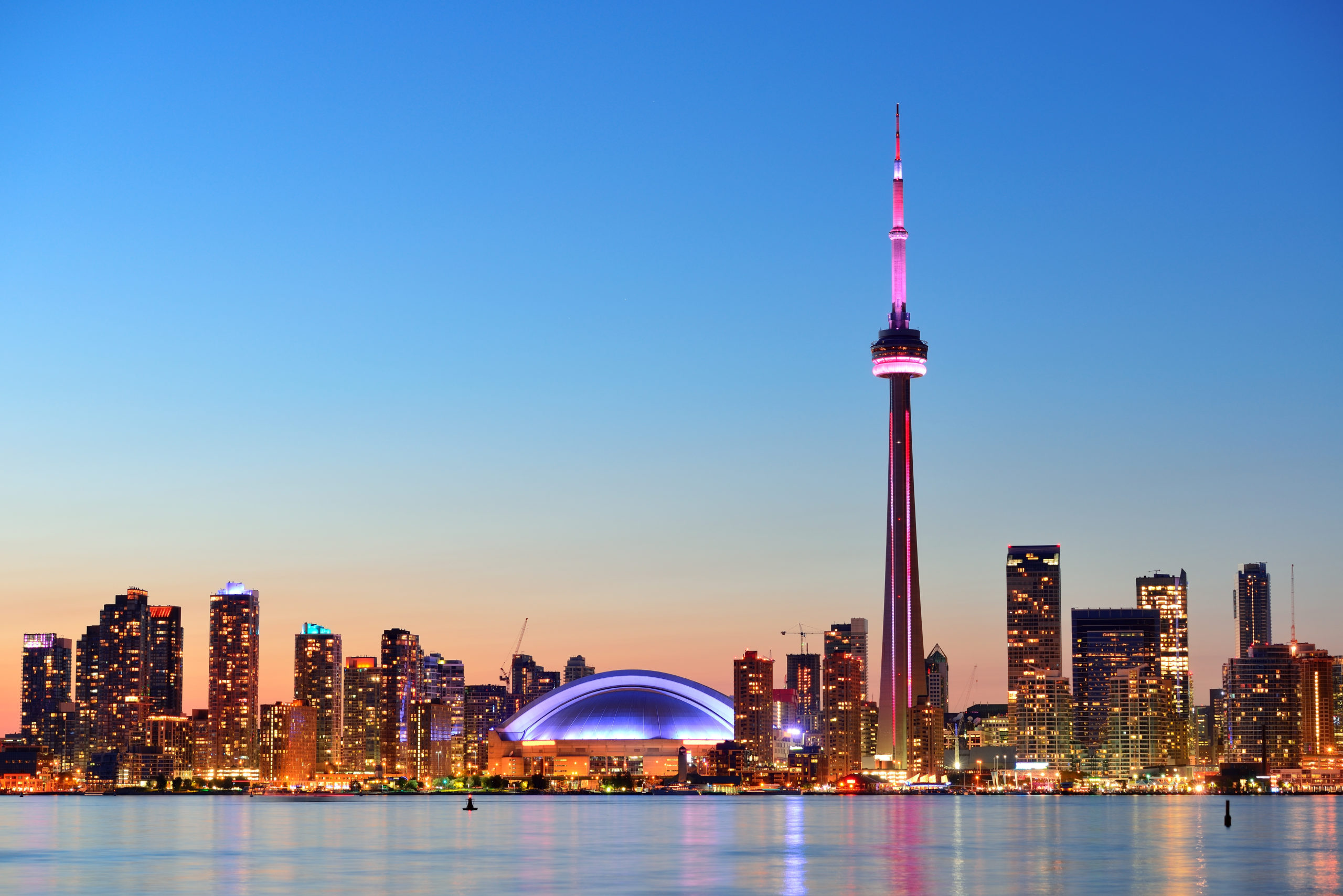Does provincial health care cover me across Canada?

Most Canadians love their universal health care. Yet we often forget that health care is a provincial responsibility. When we travel into other provinces, we may be surprised to find out we’re not covered. Take these two examples:
A pregnant Albertan woman was vacationing in Ontario when she went into premature labour two months before her due date. The Ontario hospital she gave birth in was not properly equipped to handle such a premature baby, so mother and child were emergency airlifted to a larger hospital with better resources. They returned to Alberta healthy, but received a bill for tens of thousands of dollars.
While vacationing in Yukon, an Ontario man became seriously ill. He was airlifted to Vancouver to receive treatment and later received a bill for nearly $20,000.
This is why it’s important to check your coverage and have travel medical insurance whenever you’re travelling, even if it’s within Canada.
Why am I not covered by provincial health care across Canada?
Under the Canada Health Act, each province and territory is responsible for delivering healthcare services. In many cases, there are reciprocal billing agreements between provinces – this means that a resident from one province can access medical care in another province. However, these reciprocal agreements can be complex. Different provinces set different prices for the same procedure and in some cases one province may cover a treatment while another may not. There may also be different processes for eligibility… it’s complicated! In the end, this can leave you with a big medical bill.
How can I be covered when I travel?
You may have coverage through your employer health plan or credit card. But it’s very important to understand your protection and its limits.
Travel medical insurance is an affordable and effective solution. This type of policy will cover medical costs for unexpected injuries and illnesses while you’re travelling. In fact, many provincial health ministry websites suggest purchasing travel medical insurance whenever you’re travelling outside of your home province.
How does travel medical insurance work?
Travel medical insurance is designed for unexpected injuries and illnesses. It’s not designed for regular health care needs. It can help cover the costs of medical expenses, pharmaceuticals and other care if you’re hurt or get sick while visiting another province in Canada. Even if you have some provincial health care coverage, travel medical insurance can help make up any shortfalls.
I have a pre-existing condition; can I get travel medical insurance?
Yes, you can get travel medical insurance even if you have a pre-existing condition. If your illness is not stable, you may not have protection for that particular condition as this coverage is designed for unexpected problems while you travel.
For example, if you break your leg before leaving on a trip, you wouldn’t have coverage for that broken leg. But if you fell and broke your arm while on vacation, you would likely be covered.
Are there things travel medical insurance doesn’t cover?
In addition to unstable pre-existing conditions, there are a few common exclusions to travel medical insurance:
Routine medical care and prescriptions (including medications forgotten at home).
Cosmetic or elective treatments.
Abuse or misuse of alcohol or other impairment.
Certain sports or dangerous activities.
Some travel insurance companies offer add-on coverage for riskier but popular activities like sky diving and mountaineering.
We recommend reading through your policy documents where all exclusions for your individual coverage will be listed. If you have questions, talk to your broker!
What is covered by travel medical insurance?
Travel medical insurance covers unexpected and accidental injuries and illnesses, including:
Allergic reactions
Broken bones
Food poisoning
Infections
Pink eye
Sunstroke or heatstroke
Wounds
Travel insurance will cover medical costs (including pharmaceuticals) for covered injuries and illnesses. It will also cover emergency air transportation and evacuation from a remote location.
Here are some claims examples:
You are on a hiking trip in Yukon and break your ankle. Your travel medical insurance would cover your extraction costs from the remote area and treatment in a local hospital.
You’re on a cross-Canada road trip and after a gas station snack, you start throwing up. Your travel medical insurance covers the ER visit for rehydration and other treatment related to food poisoning.
You’re attending a bachelor party in Toronto and end up in the hospital with tingling and numbing sensations all over your body. You’re hospitalized for over a week and diagnosed with Guillain-Barre Syndrome – your travel medical insurance covers treatment costs during this difficult time.
Contact us today to learn more about travel medical insurance and if you require it for your interprovincial travel.



